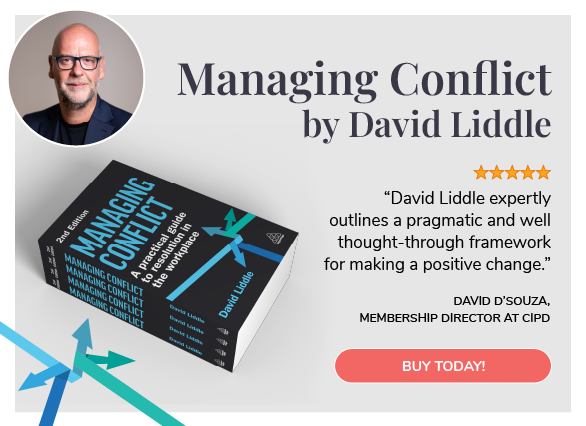
Share article:
Tags:
Organisations are constantly striving to enhance their efficiency, productivity, and overall workplace culture. One strategic approach that has gained significant traction in recent years is the outsourcing of mediation, investigation, and coaching services. While traditionally seen as internal functions, outsourcing these critical processes can offer a plethora of advantages that contribute to organisational growth and success.
1. Neutrality and Impartiality:
Outsourcing mediation and investigation services brings an inherent level of neutrality and impartiality to the process. External mediators and investigators can navigate workplace conflicts or conduct investigations without being influenced by internal biases. This impartiality fosters trust among employees, ensuring a fair, robust and objective resolution process that, in turn, contributes to a healthier work environment.
2. Expertise and Specialisation:
Mediation, investigation, and coaching require specialised skills that may not be readily available within an organisation. Outsourcing allows businesses to tap into the expertise of professionals who specialise in conflict resolution, workplace investigations, and coaching. This not only ensures a higher quality of service but also allows internal staff to focus on their core competencies.
3. Cost-Efficiency:
Managing in-house mediation and investigation teams can be financially burdensome, considering the costs associated with training, salaries, and ongoing professional development. Outsourcing provides a cost-effective alternative, allowing organisations to pay for services as needed without the overhead of maintaining a full-time internal team. This flexibility in cost management is especially valuable for smaller and medium-sized enterprises.
4. Confidentiality and Compliance:
Outsourcing these services enhances confidentiality and compliance. External professionals are trained to handle sensitive information discreetly and are well-versed in legal and regulatory requirements. This ensures that the organisation remains compliant with applicable laws and standards while safeguarding the privacy of those involved in mediation, investigation, or coaching processes.
5. Swift Resolution and Focus on Core Activities:
External service providers often have the ability to dedicate more time and resources to resolving issues quickly. This swift resolution minimises disruptions to regular business operations and allows the organization to maintain its focus on core activities. Time-sensitive matters can be addressed promptly, preventing prolonged conflicts that could impact overall productivity.
6. Continuous Improvement and Adaptability:
Outsourcing encourages a continuous improvement mindset. External providers like The TCM Group, exposed to a variety of organisational structures and challenges, bring a wealth of experience to the table. This exposure enables them to adapt and implement best practices, fostering a culture of learning and improvement within the organisation.
Outsourcing mediation, investigation, and coaching services can be a strategic move for organisations looking to enhance workplace dynamics, promote fairness, and drive overall success. By leveraging external expertise, businesses can navigate complex challenges, improve efficiency, and create a work environment that attracts and retains top talent. As the business landscape continues to evolve, embracing innovative approaches to conflict resolution and employee development is essential for staying ahead in the competitive marketplace.








